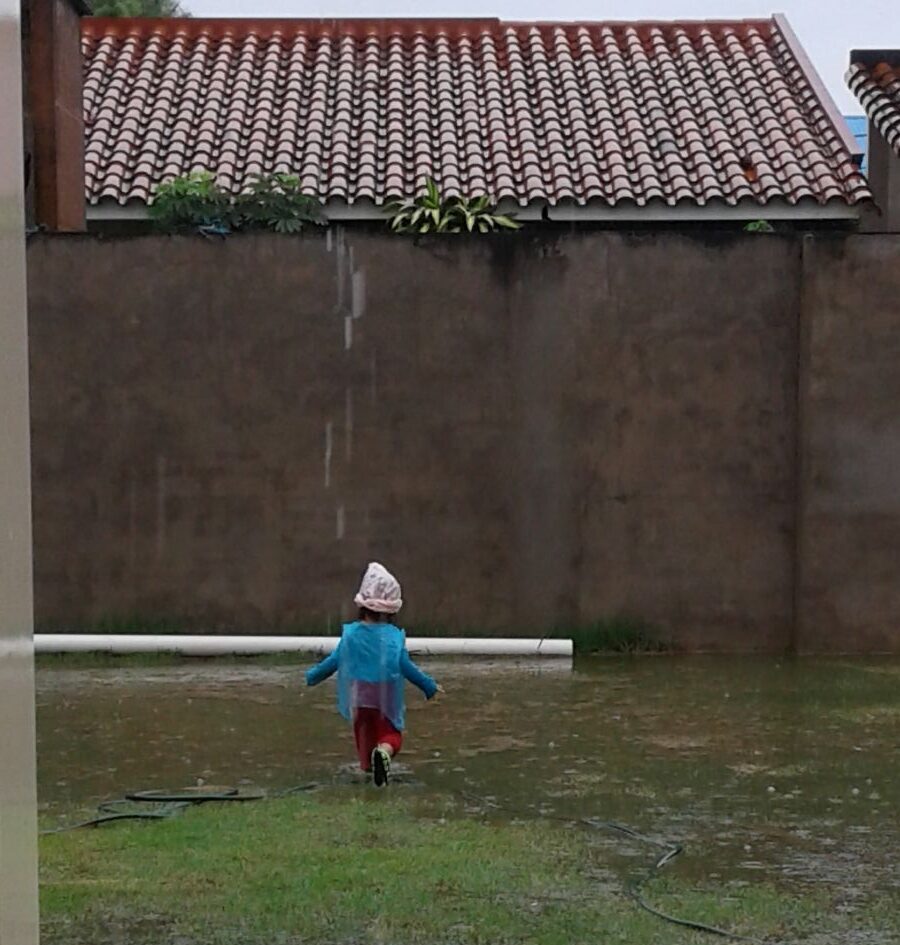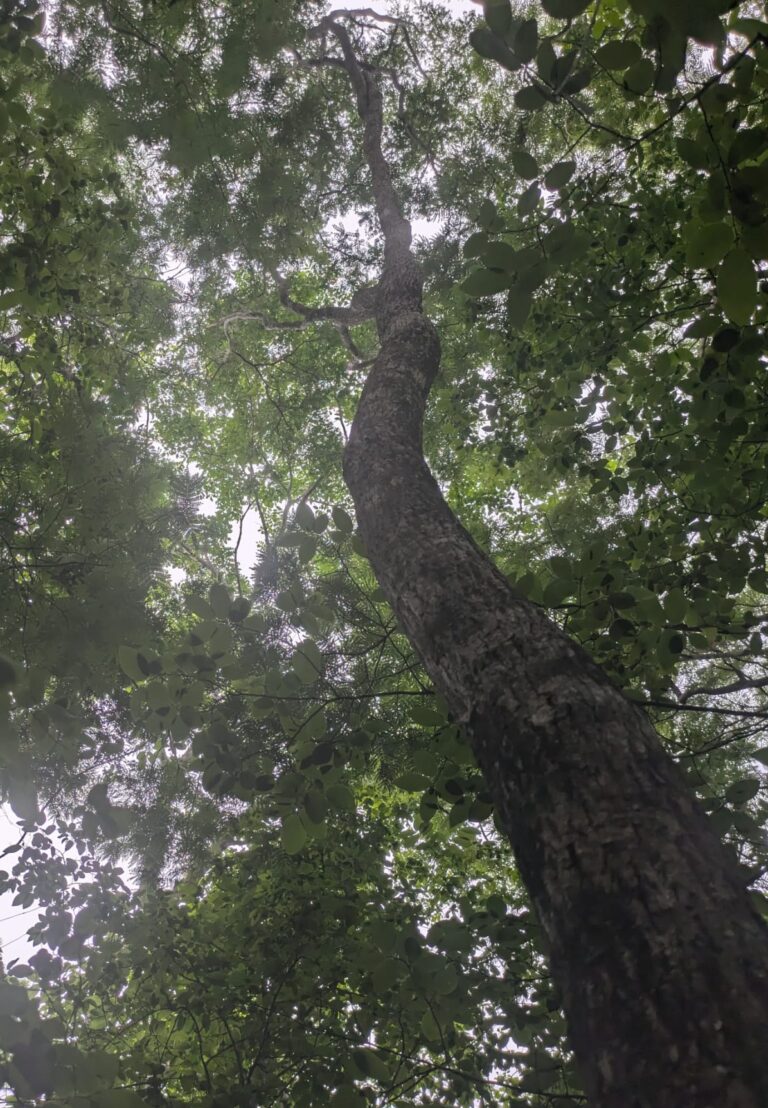We work across three main themes, developing projects with diverse partners and collaborators.
Our work spans tropical forest ecology, where we study ecosystem responses and impacts; agroecology, as a pathway toward more sustainable and resilient food systems; and environmental education, which embraces a positive, age-sensitive approach that nurtures the human–nature connection.
Through these areas, we create opportunities, resources, and spaces that empower people to take part in building and implementing sustainable and conservation-oriented alternatives
Tropical forests are among the most vital biomes for life on Earth. Found near the equator, these ecosystems are known for their incredible biodiversity, high temperatures, and abundant rainfall. In South America, the Amazon region contains between 50% and 70% of the world’s tropical forests, and Bolivia alone holds about 8% of this total.
Studying the ecology of these forests is both a challenge and a privilege. Their biodiversity adds complexity to research; their remoteness and difficult access increase costs and risks; and, at times, illegal activities create additional threats. Yet, the beauty, knowledge, and sense of well-being these forests provide make every challenge worthwhile
Explore our tropical forest ecology projects here

At Geo-Lab, we believe that all living beings sharing our planet have intrinsic rights that must be respected. From this holistic perspective, we aim to rethink education—both formal and non-formal—by placing the interdependence between people and nature at the heart of learning, from the local to the global scale.
Through the lens of Education for Sustainable Development (ESD), we promote the behavioral changes needed to protect the environment and ensure a sustainable future. ESD empowers learners with the knowledge, skills, and values to make informed and responsible decisions for a better world. It is a key tool for achieving the 2030 Sustainable Development Goals (SDGs) ODS 2030.

Agroecology brings together a range of approaches applied to food systems, seeking innovation across economic, ecological, and social dimensions — always guided by the principle of producing with minimal environmental and social impact.
It is an inclusive approach: there is no single set of practices that define what is or isn’t agroecological. Instead, agricultural practices exist along a continuum — they can be more or less “agroecological” depending on the extent to which they:
(i) Rely on ecological processes rather than agrochemical inputs;
(ii) Are fair, environmentally respectful, locally adapted, and community-driven;
(iii) Promote and protect agrobiodiversity; and
(iv) Adopt a systems perspective rather than focusing only on technical fixes.
